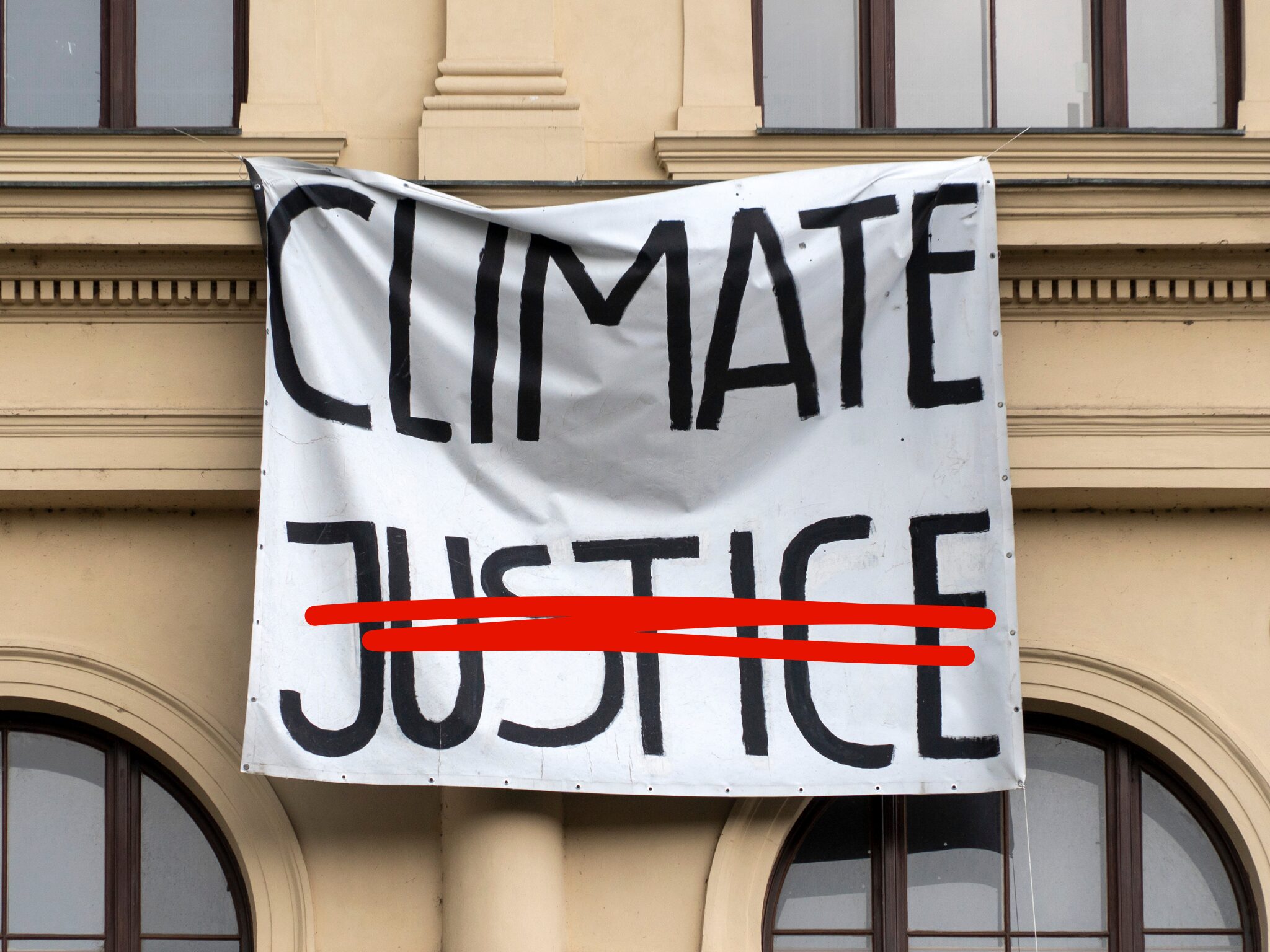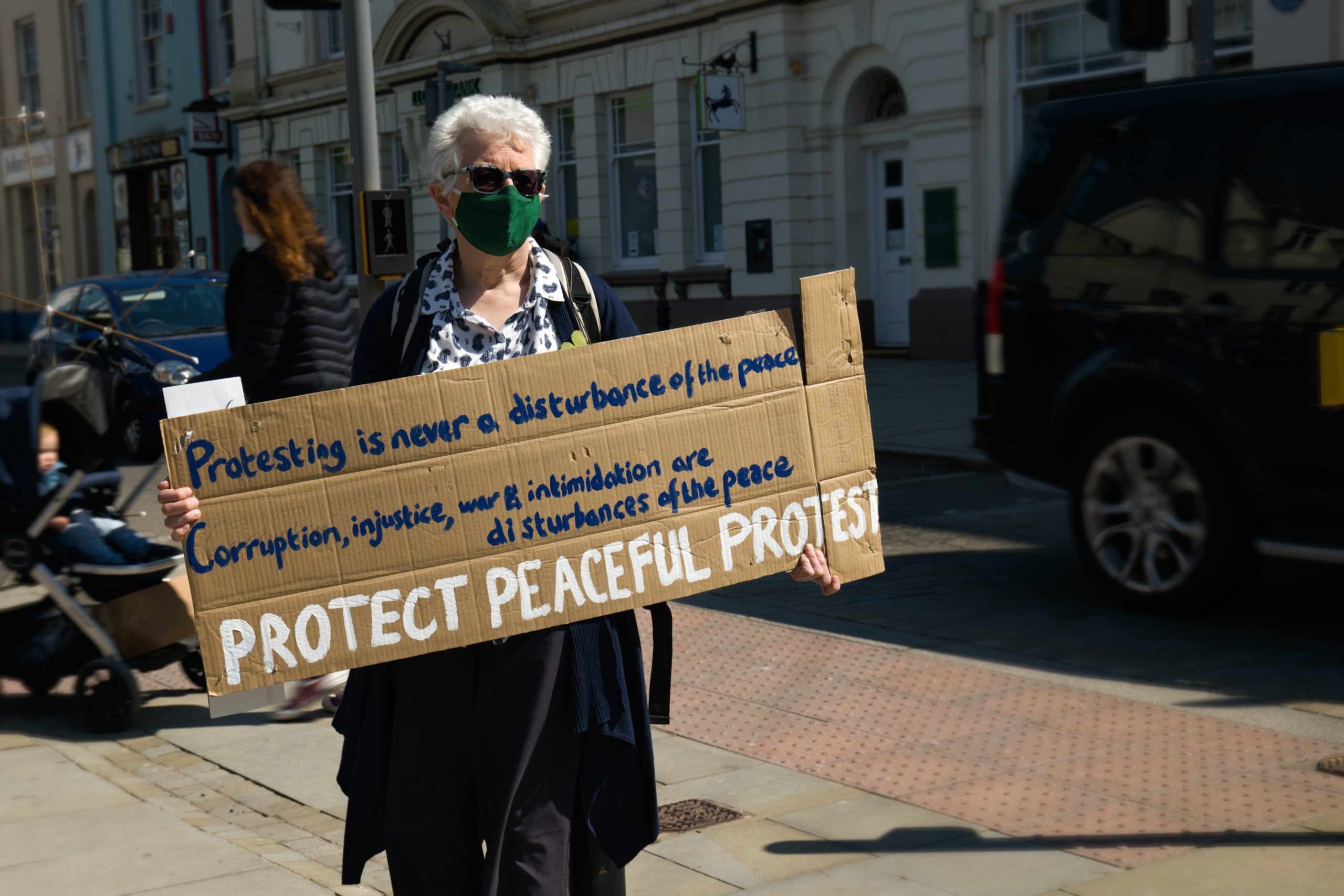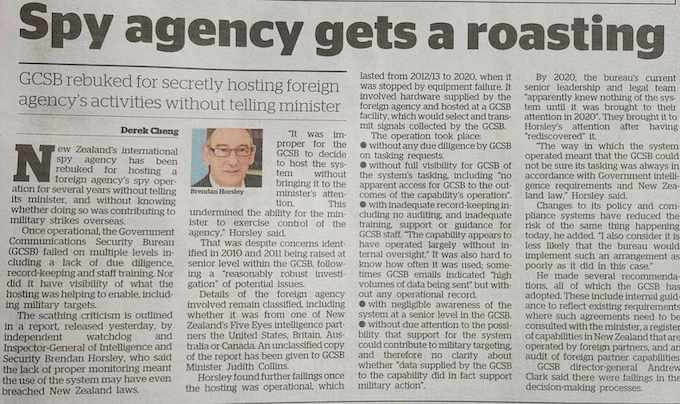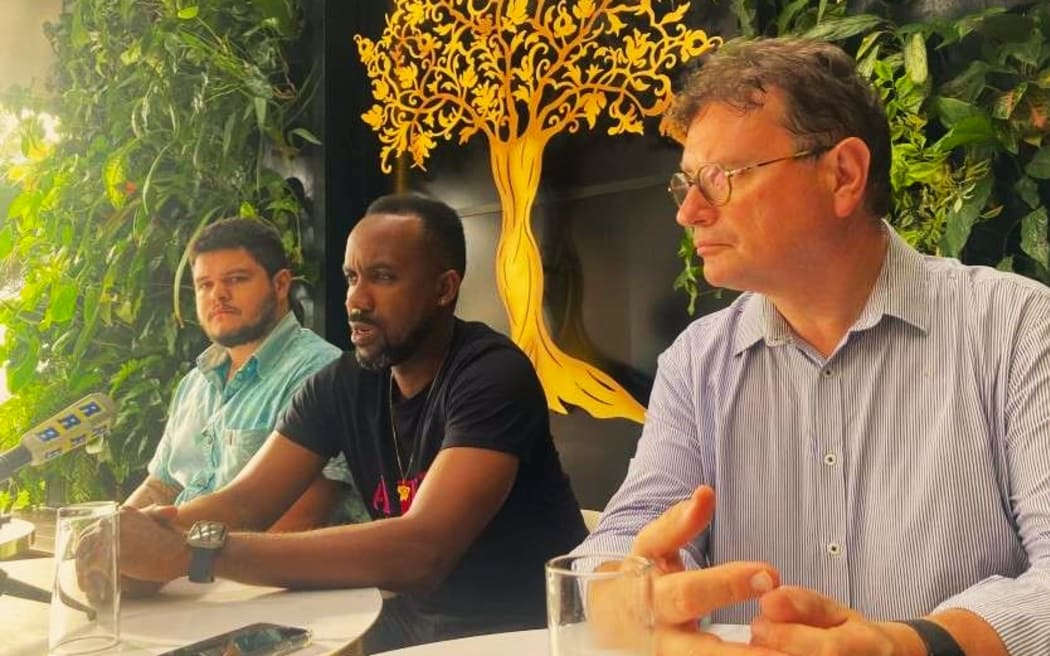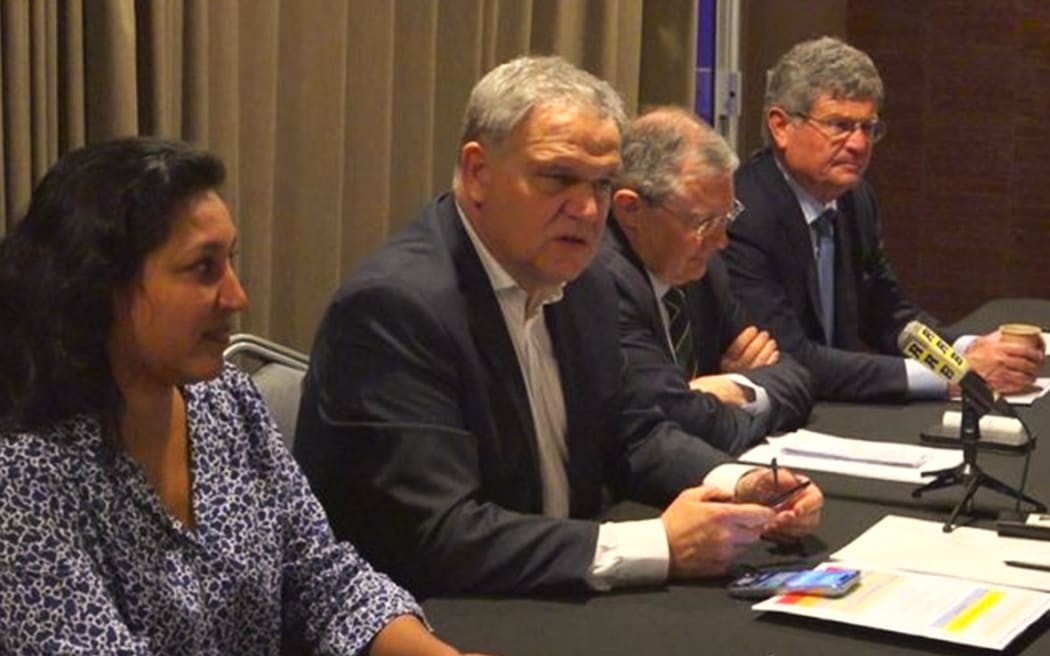Nearly a year on from Perenco spilling 200 barrels of pollution into one of the world’s largest natural harbours in Poole, Dorset, the BBC reported that the oil and gas company has pledged there would be “no repeat.” Yet, just days ahead of the anniversary, Perenco has once again hit headlines. This time, it was for a fatal fire at one of its oil platforms off the coast of Gabon.
So, on Saturday 23 March local climate activists held a protest march to the site of Perenco’s onshore oil field operations near Poole. There, activists weren’t holding back in calling out Perenco’s well-oiled PR spin to the corporate media – namely the BBC. Crucially, they showed the public broadcaster why shouldn’t so readily buy into the fossil fuel corporation’s narrative, hook, line, and sinker.
Perenco oil spill
On March 26 2023, Perenco spilled 200 barrels of ‘reservoir fluid’ into Poole Harbour.
It leaked from a corroded pipeline situated under Poole Harbour. Perenco caused the spill at its Wytch Farm onshore oilfield site at Studland, Dorset.
Perenco shut down the pipeline in response to the incident. Following this, the company mobilised the local harbour commissioners and the oil spill response teams to contain the leak. It continued remediation works at the site until January 2024.
As the Canary noted at the time:
The harbour is adjacent to multiple biodiverse protected sites. For example, Poole Rocks Marine Conservation Zone lies just east of the harbour entrance, and is home to more than 360 marine species.
So, a year on from prospective environmental catastrophe, activists marched to the oil field to call for an end to the Anglo-French firm’s extractive operations near key conservation hotspots.
Protest march to Perenco Wytch Farm
Extinction Rebellion Bournemouth, Christchurch, and Poole (XR BCP) coordinated the action which saw campaigners from across the South West converge on Perenco’s oil field facilities.
Activists from Extinction Rebellion Wimborne and Purbeck, alongside East Dorset Friends of the Earth (FoE), Bournemouth and Poole Greenpeace, and other groups turned up to demand the company cease oil extraction in Dorset.
Around 70 protesters gathered with drums, placards, and flags two miles from Perenco’s onshore site. Before setting off, an activist led the group in protest song:

They began via road from Corfe Castle, raising banners that read: “Perenco out”:

For an hour, activists slow-marched across 3km of lowland heathland and birch-pine woods, where Perenco carries out its oil extraction, purposely out of sight from nearby communities in Poole and Dorset. As they went, they were singing, drumming, and shouting for the oil company to end its drilling at the site.

On arrival at Wytch Farm, they blocked the main entry gates for another hour:



Then, activists held speeches and picnics against the backdrop of Perenco’s entrance, where behind around 70 operating wells are extracting oil beyond:


The protest marked XR BCP’s sixth demonstration against the fossil fuel corporation since it caused the spill.
Ecological and human disaster averted in Poole Harbour… for now
Despite early concerns after the incident, two new reports have suggested that Perenco managed to avoid causing long-term ecological disaster.
On Tuesday 19 March, local authorities and environmental regulators published impact reports on the spill. Bournemouth, Christchurch, and Poole Council (BCP), and Dorset County Council (DCC) commissioned the first report.
This found that there were negligible to minimal impacts on the local community’s health, the economy, and the environment. However, it did acknowledge that the financial costs did disproportionately fall on small and medium enterprises in the area. Particularly, the spill hurt local aquaculture and fishing businesses.
In tandem with this, the Environment Agency and the Centre for Environment, Fisheries and Aquaculture Science (CEFAS), with other agencies, released its summary assessment of the environmental impacts. Notably, the report reviewed how the spill had affected shellfish, birds, seagrass, and seabed habitats.
Overall, it concluded that:
The investigation and monitoring activity undertaken to date indicates that there has been limited impact from the incident on the wider Poole Harbour area. The key impacts have been on the activity in and around Poole Harbour in the first two weeks after the incident when fishing and shellfish activities were restricted.
From an ecological perspective there does not appear to have been a material impact on the wider Poole Harbour area from data and observations to date.
In other words, it determined that the spill had caused limited, short-term damage to marine life in the harbour.
However, a protester pointed out that despite the purportedly minimised harm, Perenco had only just concluded the spill remediation works in January. Property Manager and XR BCP activist Greg Lambe said:
what damage would a larger spill cause and how long would it take to remove – if this were even possible, if this relatively small spill took 10 to 11 months?
Perenco’s “ailing, ageing infrastructure”
Predominantly, the activists at the demonstration weren’t convinced that this would be a one-time incident.
Long-time East Dorset Friends of the Earth campaigner Martin Price has been scrutinising Wytch Farm’s activities since the site opened in 1979. He told the Canary that while he acknowledged that the reports showed that Perenco “acted as quickly as it could to deal with the problem once it occurred”, he argued that:
On the other hand, it has caused a huge amount of damage in a very restricted area and I think one of the problems is that it could happen again.
In particular, Price emphasised that:
They say it won’t happen again – this particular problem won’t happen again, perhaps, but if a similar or different problem happens elsewhere, it could be much more devastating to the environment of Poole Harbour and the surrounding area.
Moreover, he said that this was due to “ailing, ageing infrastructure”. Specifically, Price referenced the site’s former owner, BP. The oil and gas giant sold its Wytch Farm assets to Perenco in 2011. It did so in response to leaking at least 4.9 million barrels of oil into the Gulf of Mexico, in its infamous Deepwater Horizon disaster.
Price explained to the Canary that it sold Wytch Farm:
because it was becoming uneconomic for them. Now, if a big multinational feels it’s uneconomic, then they’re basically handing they’re problem onto somebody else. With the best will in the world, with the best investment in the world, Perenco really can’t afford to keep this going for longer.
In essence, it decided to sell off older, less profitable assets in the UK to finance the spiralling costs of its clean-up. As a result, Perenco now operates these end-of-life oil wells.
Of course, it is precisely this ageing infrastructure that campaigners contend is the issue.
Multiple “wake-up calls”
In fact, before it sold off Wytch Farm to Perenco, BP also caused a leak at the site. This forced the company to shut down its operations there for two months in early 2011. Fellow East Dorset Friends of the Earth campaigner Angela Pooley told the Daily Echo at the time that the leak towards the end of 2010:
should be a wake-up call to us all to remind us of the potential for disaster in Dorset.
Fast forward 13 years later, and of course, the major incident in the harbour unfortunately vindicated Pooley’s warning. Environmental campaigners have continued to echo this since the 2023 spill. As the Canary previously reported, local Green Party politician and environmental activist Chris Rigby said at the time of the incident that it had been an “accident waiting to happen”.
In particular, Rigby was citing Perenco’s pollution record since it took over the onshore oil field. Crucially, Perenco has presided over ten pollution incidents at the site between 2011 and 2020.
Now, the Canary can reveal that Perenco has reported another incident since the spill took place in March 2023.
Through a Freedom of Information request to the Environment Agency, we found that Perenco had breached its permit conditions. More specifically, the company reported exceeding the limits of nitrogen oxide emissions it is licensed to emit to the air from the gas engines on site.
While comparatively minor, the fault and resulting pollution perhaps show that even on high alert after a major spill, the company can’t guarantee further failures – with all the potentially hazardous consequences for people and nature nearby.
Perenco disaster in Gabon
On top of calling for Perenco to leave the Wytch Farm site, the activists drew parallels with its operations in the Global South.
As the Canary previously outlined, the company is responsible for a litany of environmental and social harms across the planet. So unsurprisingly, less than a week before its Poole Harbour spill year anniversary the company hit headlines for a fatal accident in Gabon.
On Wednesday 20 March, a fire on a Perenco-operated offshore rig off the coast of the central African nation killed five workers. A further worker is still missing.
XR BCP member Helen Nicol told the Canary that the accident Perenco is responsible for in Gabon made their protest “especially important”. She said that the spill in Poole Harbour last year had been eye-opening:
because initially we were focused incredibly locally and then we started looking further afield. We realised what was happening in the DRC, what was happening in Peru, Ecuador, Gabon, and the Caribbean – and it just seems that Perenco have a policy of disregard for their workers, for the lands that they’re based in, and for the whole world.
If they can cut a corner, they will cut a corner – they’re not safe, they’re not safe in Poole Harbour, and they’re not safe anywhere else.
Again, she attributed this to Perenco’s business model. Specifically, she referenced how it buys up older oil and gas fields from other companies:
The strategy they have of taking end of life oil wells and then trying to drag the very last drop of profit out of it, regardless of the consequences to the surrounding landscape and the people who live around them and the people who work for them is disgusting – and they need to stop.
A representative of Gabon’s space agency has previously corroborated this concern. The representative told media outlet Investigate Europe that despite causing pollution in offshore Atlantic sites:
They kept on pumping anyway, even though their aging system requires huge maintenance work
Activists “shine a light” on Perenco’s risky business
Given the latest incident in Gabon, Nicol therefore said that the group would continue:
to shine a light on their practices, and keep highlighting the fact that they are not a safe pair of hands.
Ultimately, the groups want to put a stop to its risky business in Poole and beyond. Activists see Perenco’s Wytch Farm as a significant first target.
East Dorset Friends of the Earth Martin Price told the Canary that the Climate Change Committee had been clear:
the government’s main advisor is saying we must totally divest from fossil fuels within the next 16 years. Now, if we’re to do that, we have to start now.
As such, Price argued:
Where better to start than in one of the most environmentally sensitive, one of the most rewarding in terms of international status sites in England, and possibly even in parts of Western Europe.
In stark contrast however, Perenco has also shown no signs of slowing down at the site.
In 2023, it drilled a new bore from an existing well. Dorset County Council licensed this particular well bore to pump out oil until December 2031. What’s more, for 2024 alone, the company plans to submit applications to drill five new wells on-site.
Moreover, it has made early rumblings of its intention to use Wytch Farm for carbon capture and storage (CCS). CCS is a notorious fossil fuel industry palatability ploy to make continued extraction appear socially and environmentally compatible.
At the end of the day then, it’s just another fossil fuel company gaslighting communities and nature into oblivion. Extending the life of its oil and gas business comes over protecting the lives of people and the planet every time. But the local climate community in Dorset will continue to mobilise against it.
At this latest protest, groups successfully held the profiteering company’s feet to the fire. Crucially, activists articulated that the only way to truly guarantee “no repeat” of a spill like the incident in Poole Harbour, is “Perenco out”, in the UK and everywhere, for good.
Featured image and additional images via Hannah Sharland and Extinction Rebellion Bournemouth, Christchurch, and Poole.
By Hannah Sharland
This post was originally published on Canary.

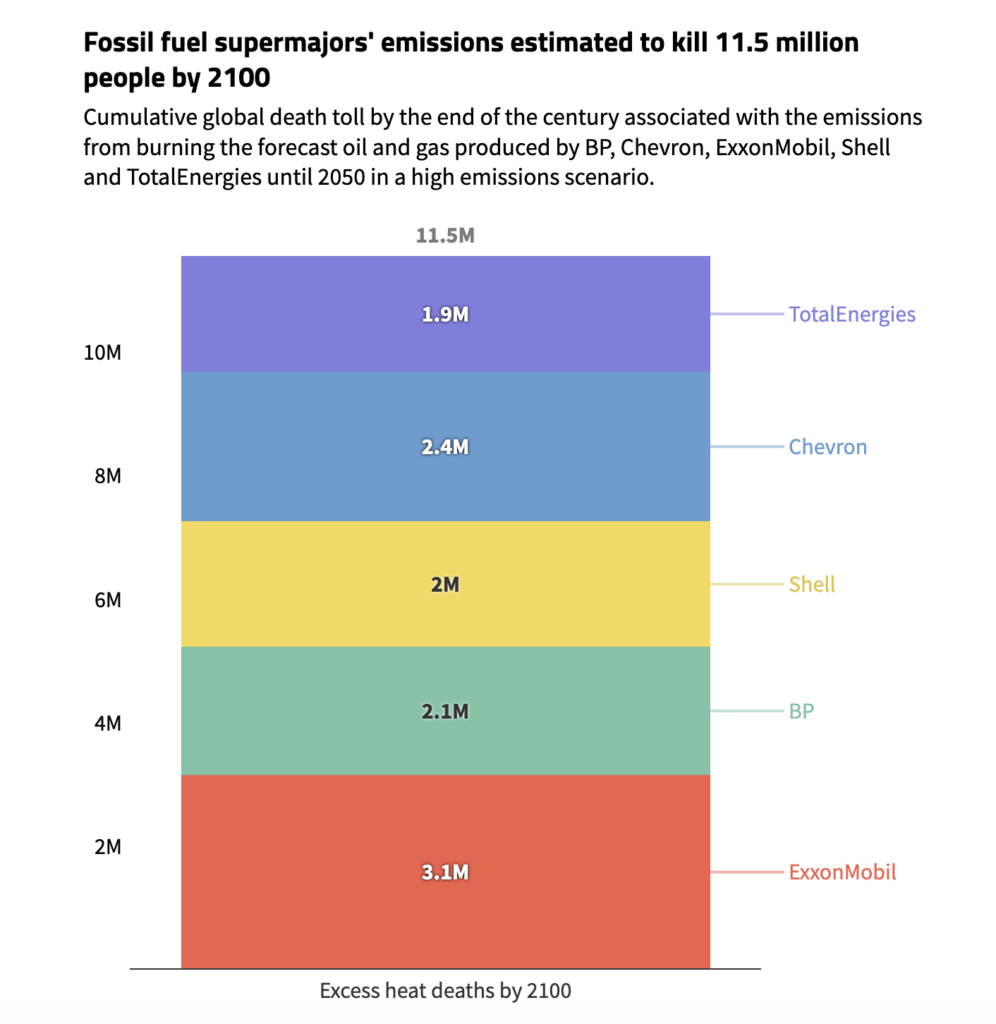
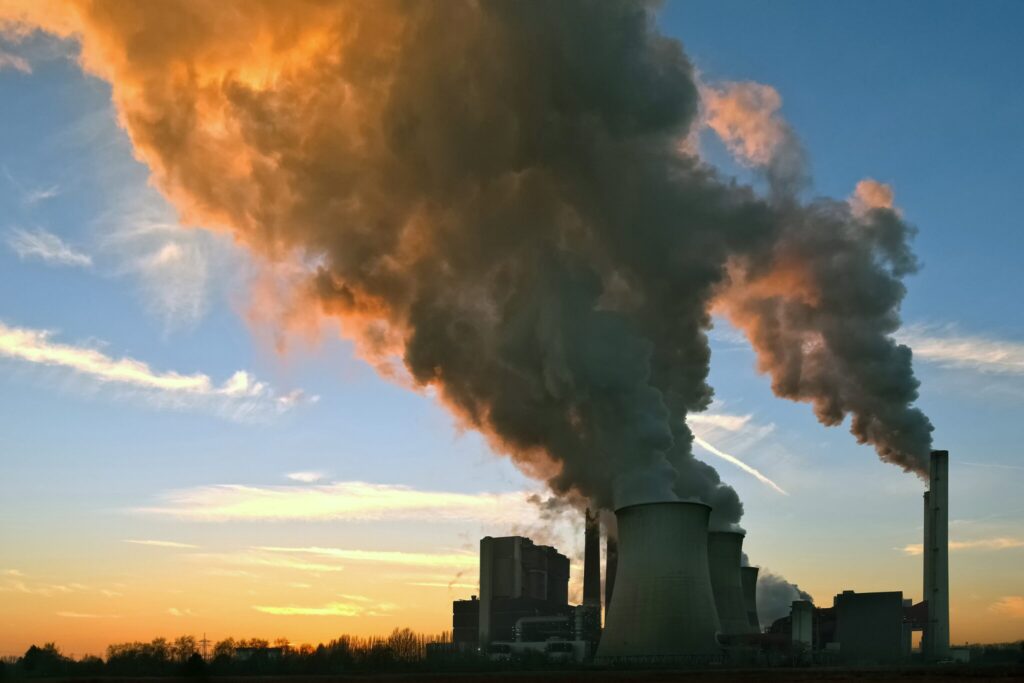








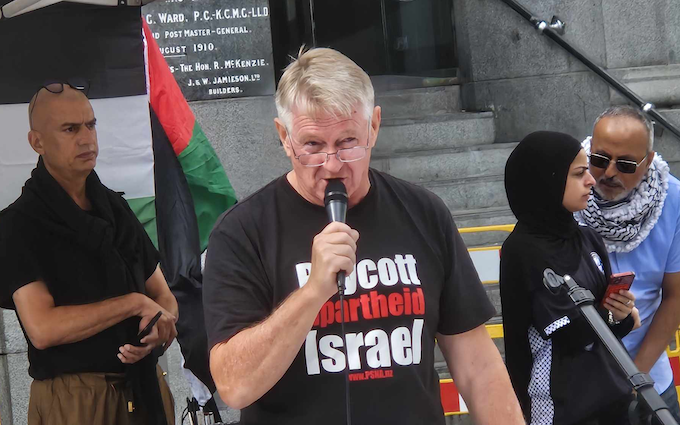
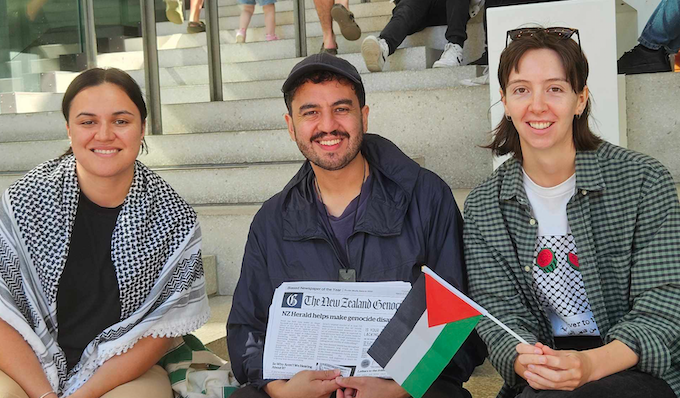
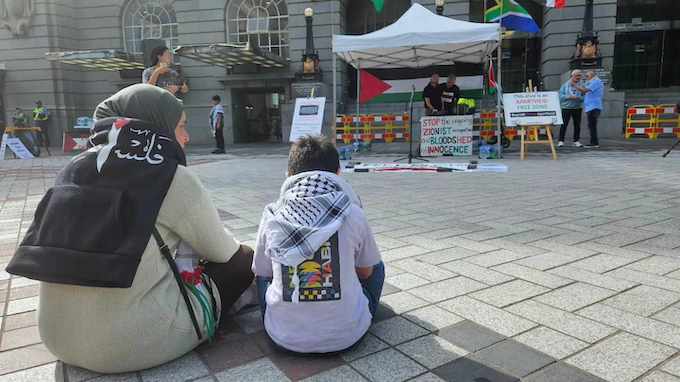
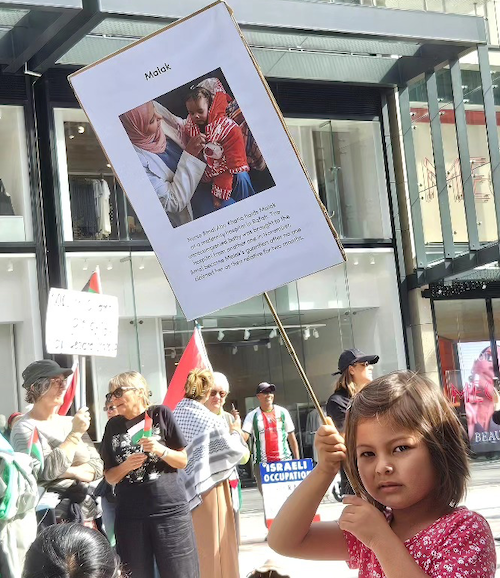
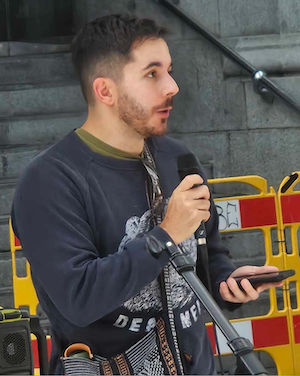
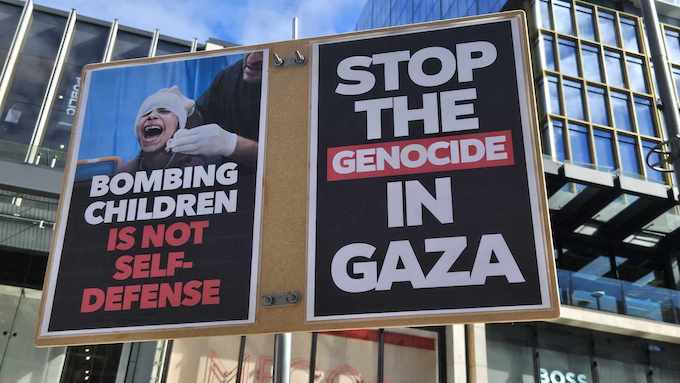
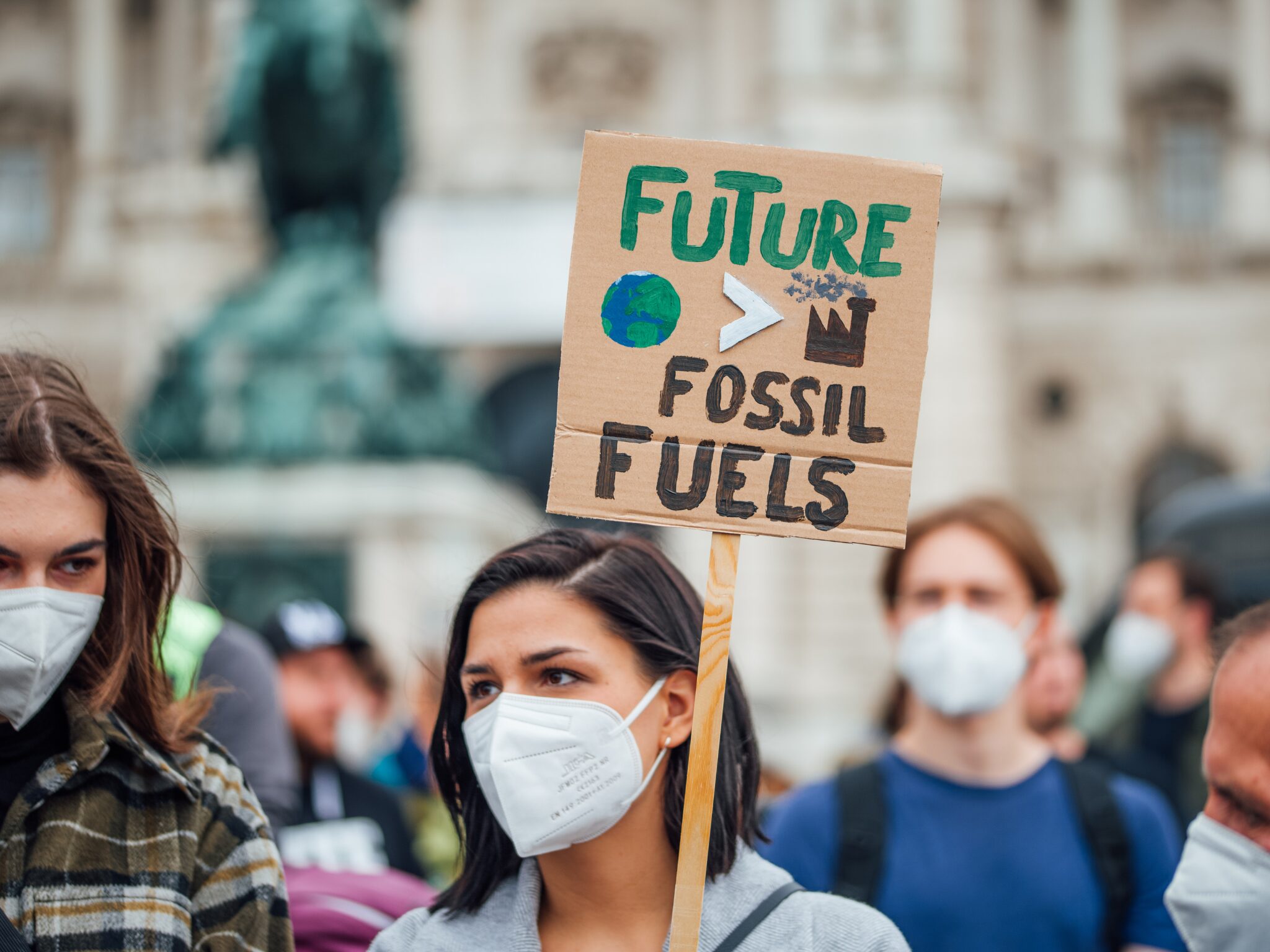

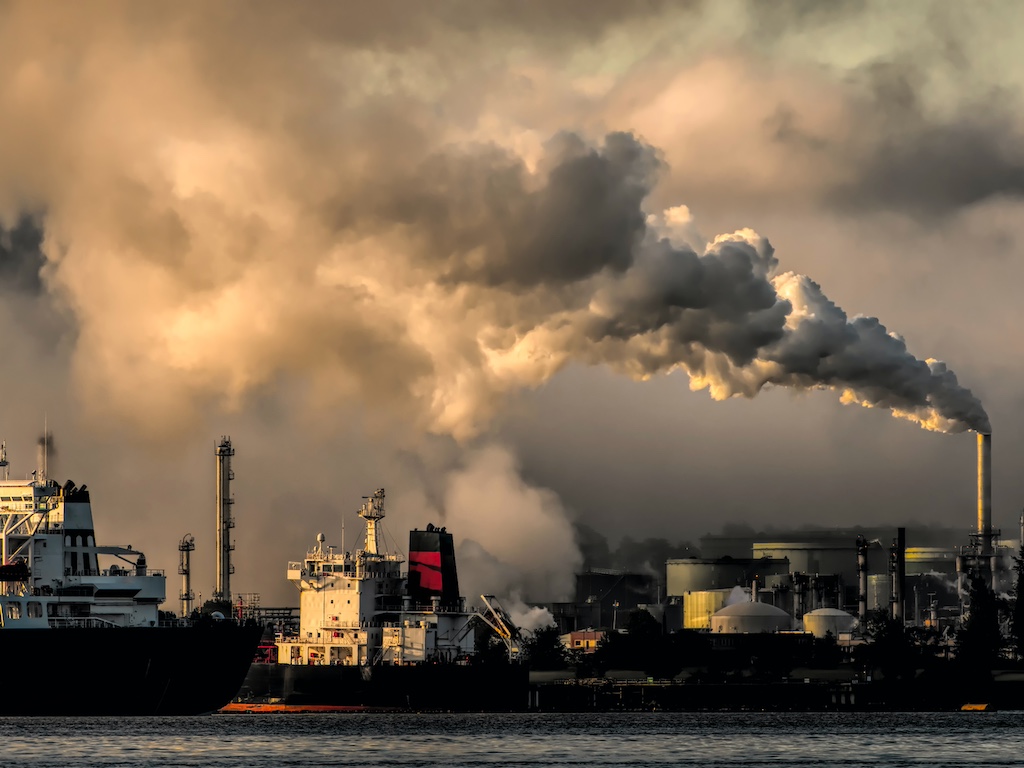
 vision toward a clean & equitable future, & instead, we get talking points from the '70s.” “We should be skeptical of solutions touted by the industry… they have no interest in halting the climate crisis.” — Jeff Ordower,
vision toward a clean & equitable future, & instead, we get talking points from the '70s.” “We should be skeptical of solutions touted by the industry… they have no interest in halting the climate crisis.” — Jeff Ordower, 

 Traverse Productions
Traverse Productions  (@morabito_molly)
(@morabito_molly) 